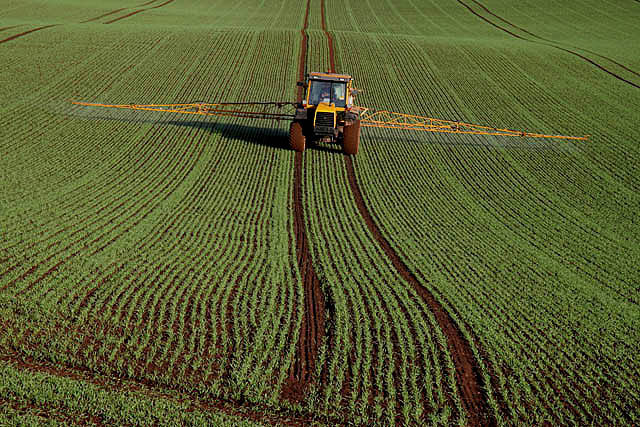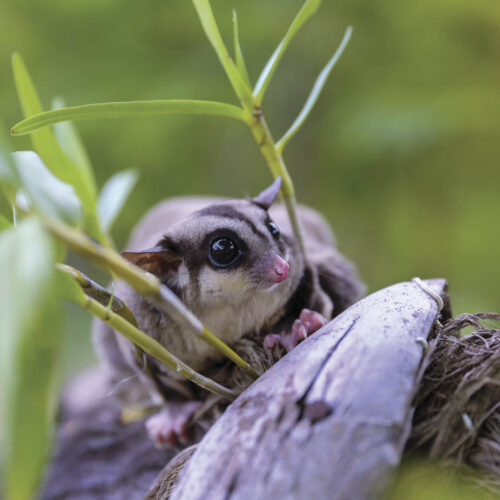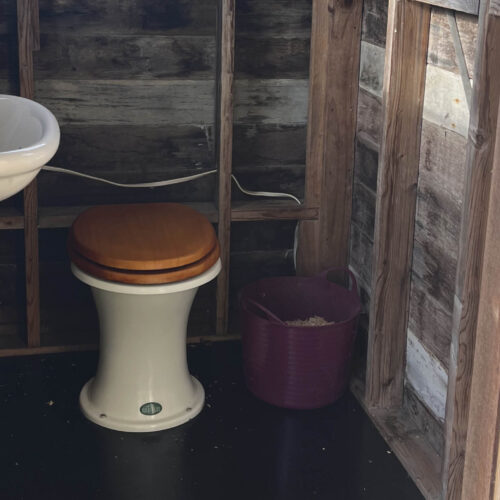Glyphosate linked to cancer
2015-03-27T03:54:24+11:00
The World Health Organisation's cancer agency describes glyphosate as a probable carcinogen, JUSTIN RUSSELL reports.
Remember the days when glyphosate first came onto the market and was hailed as a wonder herbicide so toxic to weeds that it would revolutionise farming and gardening, but so safe that humans could almost drink it without experiencing harm? Well, the glyphosate party is coming to a drunken end and the next day hangover is going to be a doozy.
This week the United Nation’s International Agency for Research on Cancer declared that the world’s most widely used agricultural chemical is “probably carcinogenic to humans” and is linked to Non-Hodgkin’s Lymphoma.
In case that wasn’t enough, a peer reviewed study by the University of Canterbury in New Zealand found that glyphosate, in addition to the chemicals 2,4-D and dicamba, causes antibiotic resistance. The authors of the study state that exposure to the chemical makes bacterial pathogens stronger, causing conventional antibiotics to become less effective.
This research comes as a double whammy, because previous studies by Leipzig University in Germany have found that glyphosate can have a detrimental effect on beneficial gut bacteria. In simple terms, the chemical may wipe out the good guys, and make the bad guys harder to kill.
I have to confess that in the past, I have used the odd bit of glyphosate in wet summers to keep invasive plants like kikuyu and privet from overtaking my garden. Let me state clearly that my property is not certified organic, my glyphosate use was very occasional (perhaps once per year), and the overwhelming majority of my weed control is done using salt and vinegar herbicide, flame weeding, and with techniques such as mulching, spade edging, and manual removal. These days I also take a more relaxed approach to weeds than I once did, and have learnt to ignore some of the less invasive species I would have fretted over in the past.
When I have used glyphosate I’ve done so as carefully, and thoughtfully, as possible. But it’s time to admit that the scientific evidence is clear, and regretfully, I’ve been part of the problem, as much as I’ve been part of the solution. I feel the need to set an example, so as of today I’m ditching my use of glyphosate altogether. Never again will I buy the stuff, and never again will I spray it on this garden, or any other garden I have under my stewardship.
Would you consider joining me?






